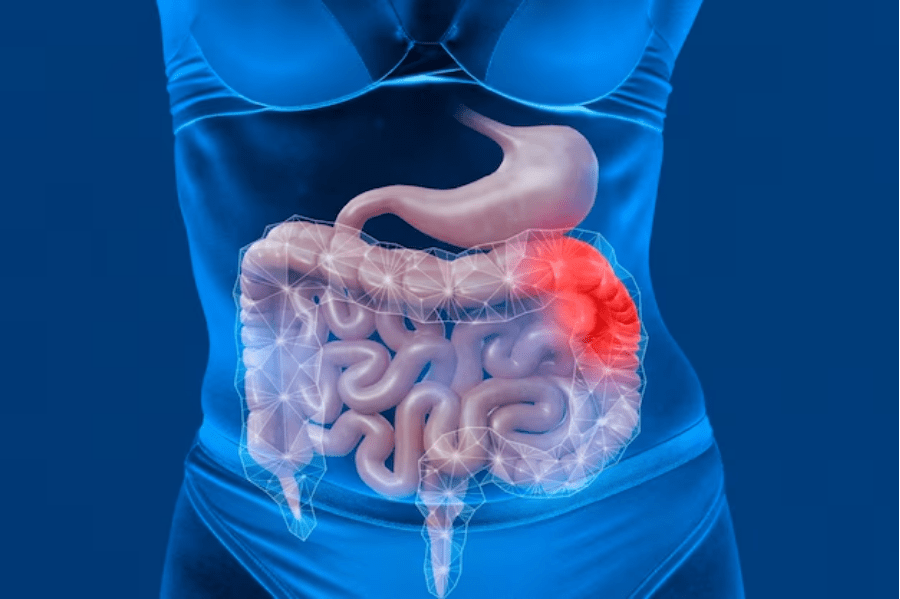The concept of detoxification has gained considerable attention. One method frequently associated with detoxification is colon cleansing. This practice aims to eliminate accumulated waste and toxins from the colon, fostering the belief that a cleaner digestive system can positively impact overall health. In this exploration, we delve into the role of colon cleansing through colon hydrotherapy in the detoxification process.
Understanding Detoxification
Detoxification, or detox for short, is a process through which the body eliminates or neutralizes harmful substances. These substances, often referred to as toxins, can originate from environmental pollutants, food additives, or metabolic byproducts. The body has its natural detoxification mechanisms primarily carried out by the liver, kidneys, and other organs.
The Colon in Detoxification
The colon, a vital component of the digestive system, is responsible for extracting water and electrolytes from indigestible food residues, forming feces. While the primary function of the colon is not detoxification, proponents of colon cleansing argue that it can support the body’s natural detox processes by removing accumulated waste.
Colon Cleansing Methods
Colon cleansing, also known as colonic irrigation or colon hydrotherapy, employs various methods to eliminate waste from the colon. Common approaches include dietary supplements, herbal teas, enemas, and professional colon hydrotherapy sessions. The goal is to soften and eliminate fecal matter, providing a purportedly clean slate for the digestive system.
Perceived Benefits of Colon Cleansing in Detoxification
- Removal of Accumulated Waste: Proponents of colon cleansing argue that it aids in the removal of accumulated waste from the colon. By doing so, the practice aims to prevent the reabsorption of toxins into the bloodstream, potentially reducing the overall toxic load on the body.
- Enhanced Nutrient Absorption: A cleaner colon is believed to facilitate improved nutrient absorption. Advocates claim that by eliminating excess waste, the digestive system can more effectively absorb essential nutrients, contributing to overall well-being.
- Alleviation of Digestive Discomfort: Colon cleansing is thought to alleviate common digestive discomforts such as bloating, gas, and constipation. By eliminating built-up waste, the procedure aims to promote smoother digestive function.
- Potential Weight Loss: Some individuals pursue colon cleansing as part of a weight loss strategy. The theory posits that removing accumulated waste may lead to a temporary reduction in body weight. However, it’s crucial to note that any weight loss achieved through colon cleansing is likely to be fluid-related and not indicative of fat loss.
Potential Risks and Considerations
Before considering colon cleansing, individuals should be aware of potential risks. Overuse of certain methods, such as enemas, can lead to electrolyte imbalances and dehydration. Moreover, the disruption of the natural gut microbiota raises concerns about the unintended consequences of colon cleansing on the delicate balance of beneficial bacteria in the digestive system.
Conclusion
The role of colon cleansing in the detoxification process remains a topic of debate within the health and wellness community. While some individuals attest to its benefits in terms of digestive comfort and overall well-being, the scientific evidence supporting these claims is limited. As with any health-related practice, it is advisable to approach colon cleansing with caution, considering potential risks and consulting with healthcare professionals. Ultimately, maintaining a balanced and healthy lifestyle, including a nutrient-rich diet and regular exercise, plays a fundamental role in supporting the body’s natural detoxification processes.

As the editor of the blog, She curate insightful content that sparks curiosity and fosters learning. With a passion for storytelling and a keen eye for detail, she strive to bring diverse perspectives and engaging narratives to readers, ensuring every piece informs, inspires, and enriches.










